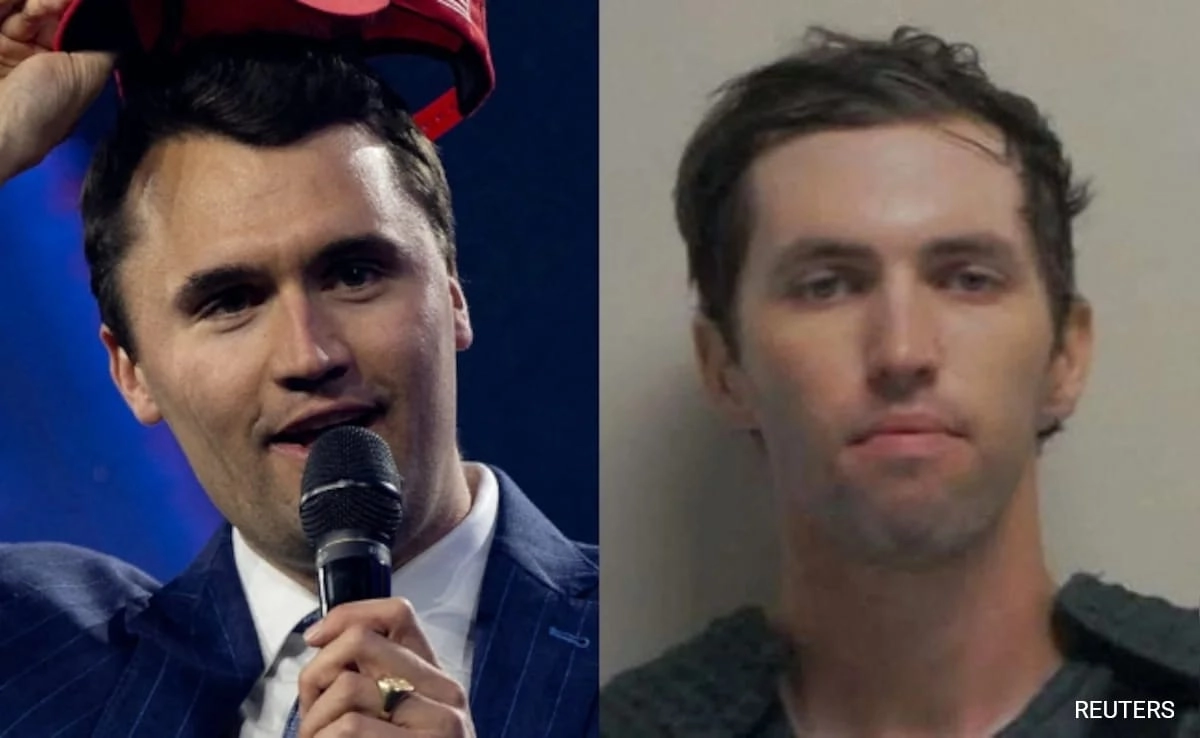In a recent statement, Utah Governor Spencer Cox addressed the tragic incident involving the alleged killer of conservative activist Charlie Kirk, emphasizing the suspect’s purported ideological leanings. According to Governor Cox, the individual responsible for the attack harbored ‘leftist’ beliefs, which adds a complex layer to the already fraught political landscape. This revelation has sparked considerable debate and discussion among political commentators and the public alike, as it challenges the narrative that violence is predominantly associated with one extreme of the political spectrum.
The governor’s remarks have ignited a flurry of reactions across social media and news outlets, with many people questioning the implications of labeling the suspect based on their ideological beliefs. Critics argue that such statements can further polarize an already divided society, while supporters of the governor contend that it is essential to recognize the full context of the motivations behind violent acts. The incident has raised broader questions about political violence in America, particularly in a time when tensions are high and rhetoric from various factions can escalate into dangerous confrontations.
As discussions unfold, it is vital to approach the situation with a nuanced understanding. While the suspect’s alleged beliefs may provide insight into their motivations, it is crucial not to generalize or stereotype entire groups based on the actions of one individual. Political affiliations and beliefs can be complex, and attributing violent behavior to a specific ideology can lead to misguided conclusions. This incident serves as a reminder of the importance of fostering dialogue and understanding, rather than allowing fear and division to dictate the narrative surrounding political discourse.
In the aftermath of this event, the focus should ideally shift to finding constructive ways to address the underlying issues that contribute to political violence. Engaging in meaningful conversations about the responsibilities of political leaders, the role of media in shaping public perception, and the impact of social media on radicalization could help in mitigating the risks of future incidents. Ultimately, while the governor’s comments may reflect a specific viewpoint, it is the collective responsibility of society to seek solutions that promote unity and understanding, regardless of political beliefs.




